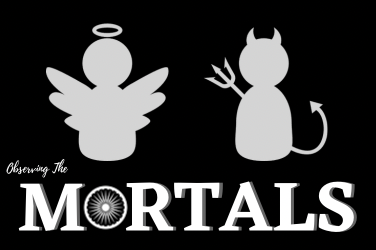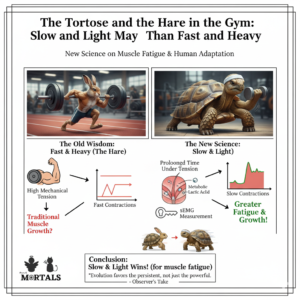In 1860, Herbert Spencer, a prominent English philosopher and social theorist, presented a compelling analogy in his essay “The Social Organism.” He likened society to a biological organism, arguing that both exhibit growth, complexity, differentiation of parts, and interdependence. This groundbreaking concept laid the foundation for the development of social evolutionism and significantly influenced early anthropological thought.
Key Insights (In-Depth):
- Society as an Organism: Spencer drew parallels between societies and biological organisms, highlighting their shared characteristics of growth, increasing complexity, and the interdependence of their constituent parts. He argued that just as organs in a body specialize and work together for the well-being of the whole, individuals and institutions in a society fulfill specific functions to maintain social order.
- Social Evolution: Spencer proposed that societies, like organisms, evolve over time, progressing from simple,homogeneous structures to complex, heterogeneous ones. This evolutionary process, he believed, was driven by competition and natural selection, leading to the “survival of the fittest” societies.
- Differentiation and Integration: As societies evolve, they undergo a process of differentiation, where different institutions and roles emerge to fulfill specialized functions. However, Spencer also emphasized the importance of integration, arguing that these differentiated parts must work together harmoniously for the society to thrive.
- Organic Analogy’s Implications: Spencer’s organic analogy had significant implications for understanding social change and the role of the individual in society. He argued against excessive government intervention,believing that social evolution should occur naturally, with minimal interference.
Critical Reflections:
While Spencer’s organic analogy provided a powerful framework for understanding society, it has been criticized for its oversimplification of social complexity and its potential to justify social inequalities and laissez-faire policies. Critics argue that societies are not merely biological organisms and that social change is influenced by a multitude of factors beyond natural selection.
Applications Beyond Anthropology & Current Times:
Spencer’s ideas have had a lasting impact on various fields, including sociology, political science, and economics. His concept of social evolution has been used to analyze historical trends and understand the dynamics of social change.His emphasis on differentiation and integration has informed organizational theory and management practices.
Example: The Modern Corporation as a Social Organism:
Spencer’s analogy of society as an organism can be applied to understanding modern corporations. Each department within a company can be seen as an organ with a specialized function, working in tandem with other departments to ensure the overall success of the organization. The CEO, like the brain, plays a central role in coordinating and directing the activities of the various parts.
About the Author:
Herbert Spencer (1820-1903) was a prominent English philosopher, social theorist, and polymath. He is best known for his contributions to evolutionary theory and his application of evolutionary principles to society. His ideas were highly influential in the 19th century and continue to be debated and discussed today.





